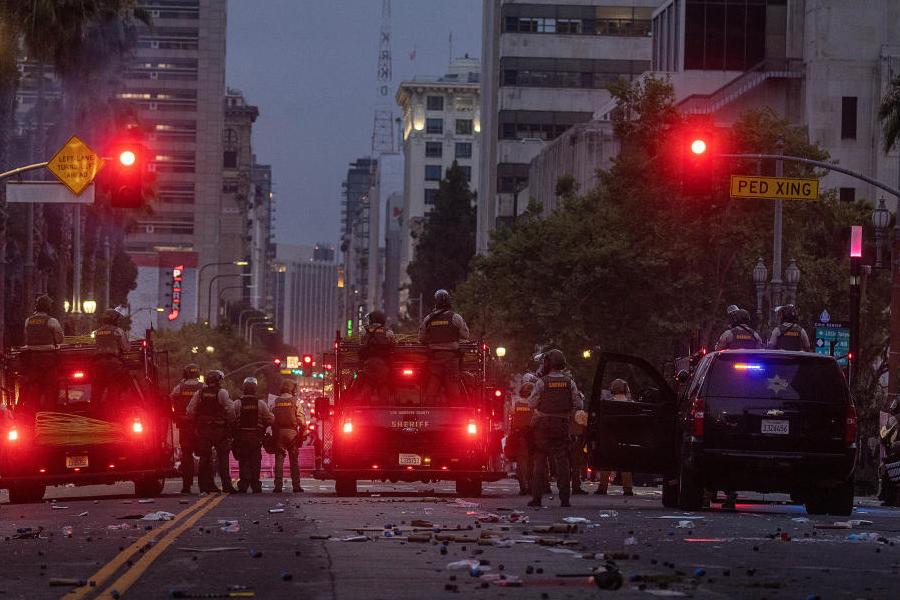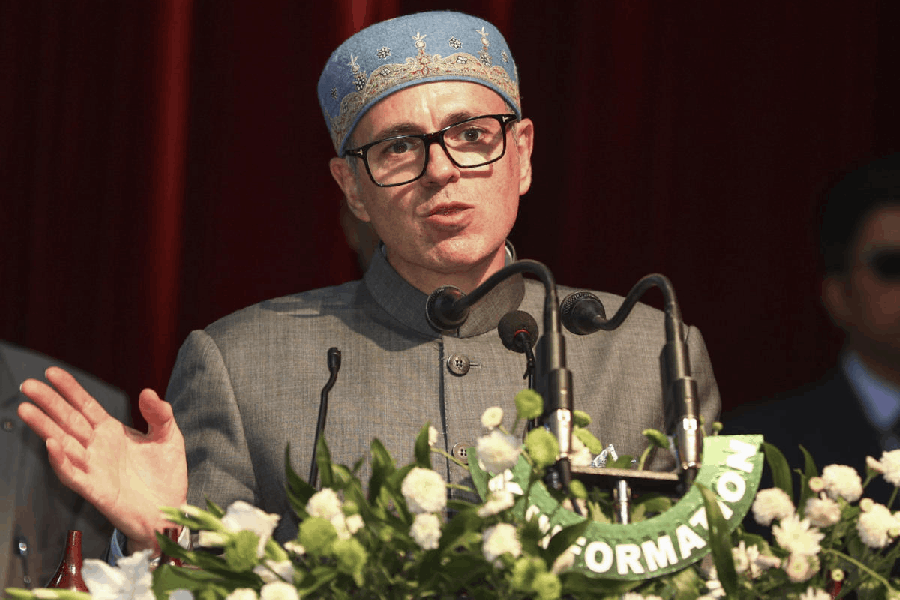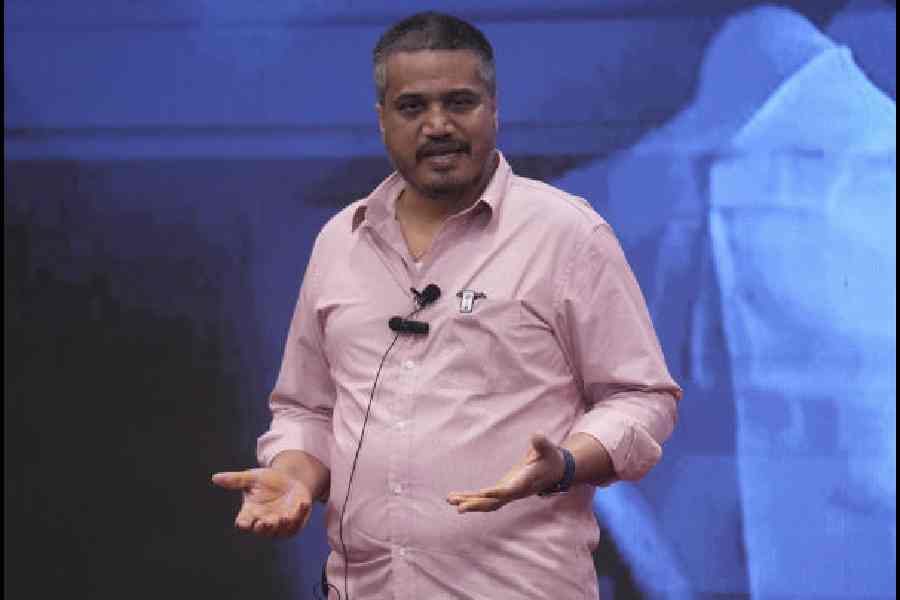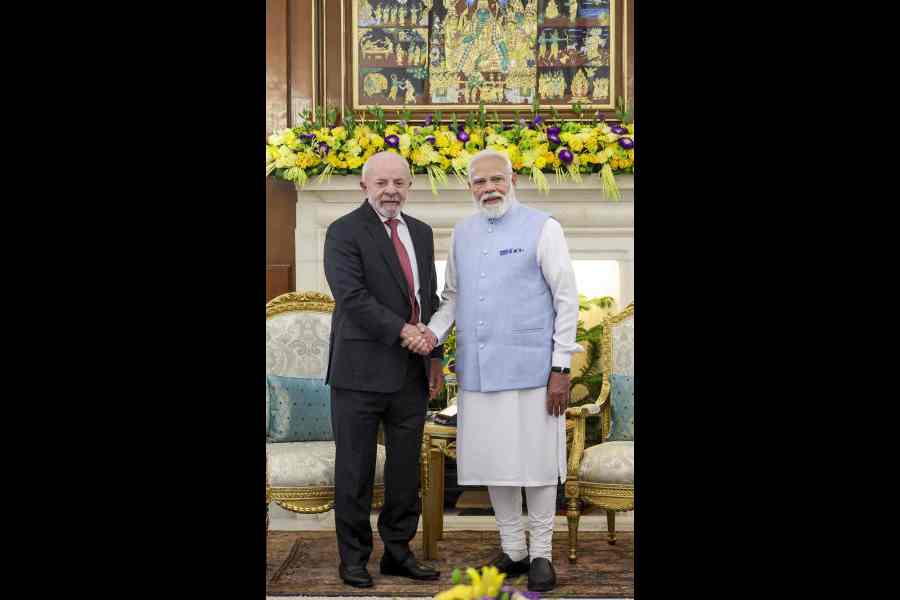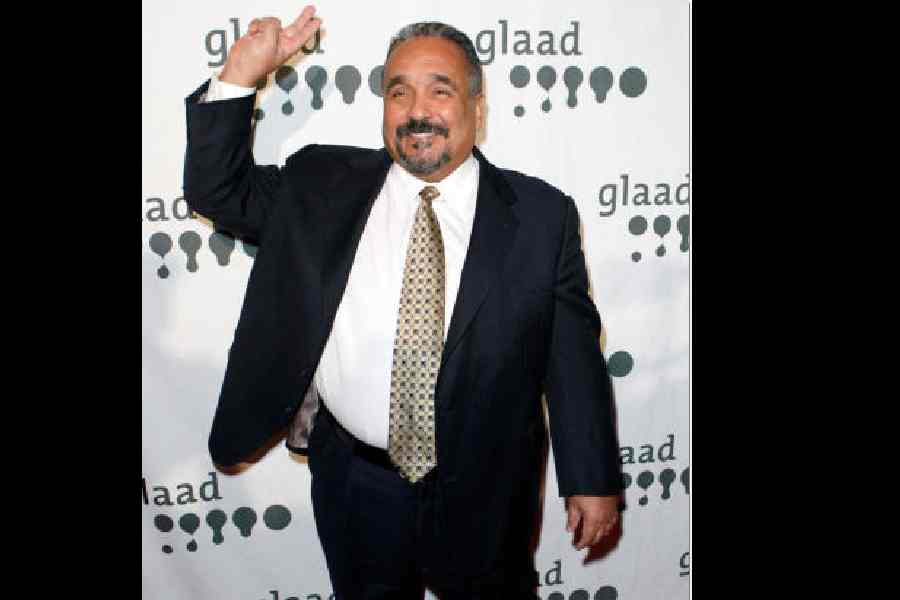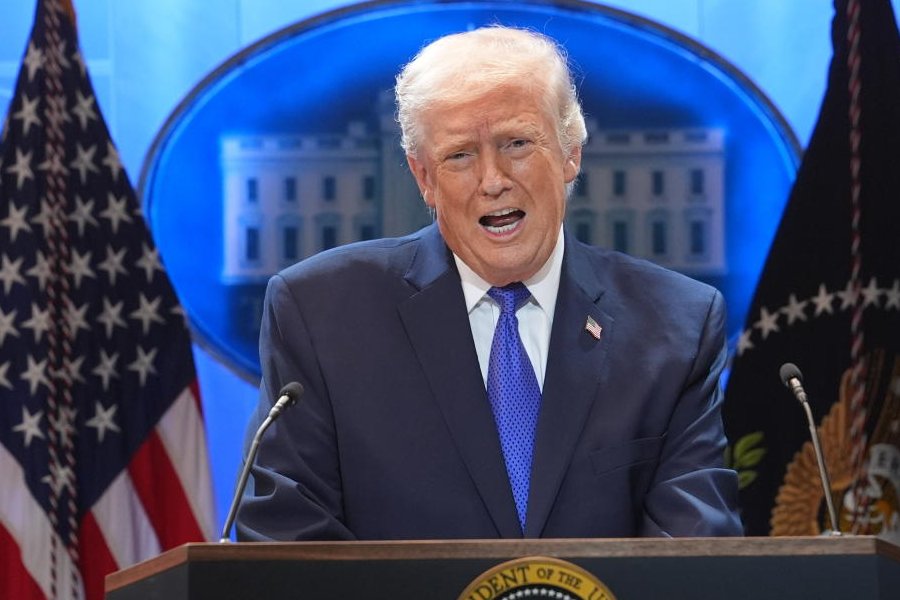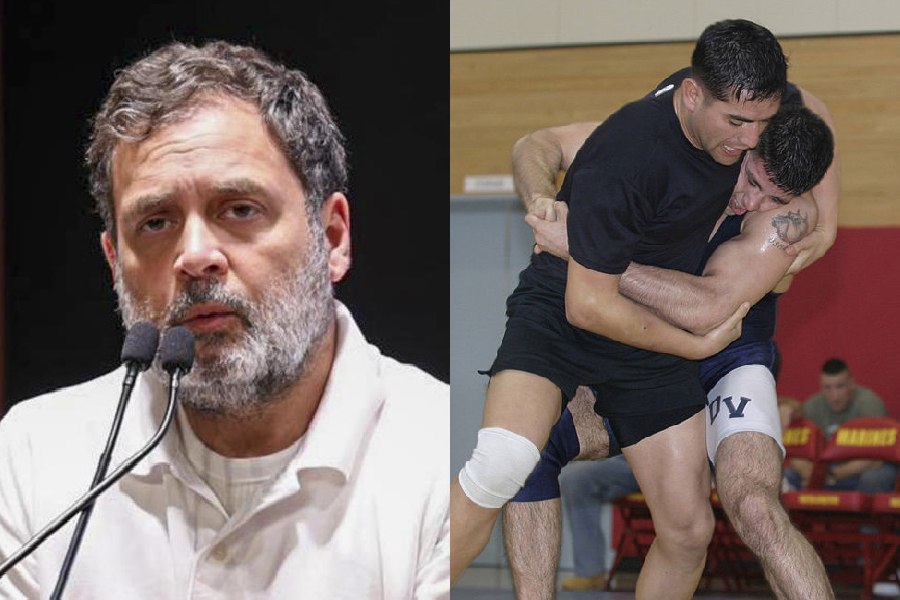As clashes between law enforcement officials and protesters in Los Angeles continue following raids and arrests of undocumented migrants, the standoff has become a metaphor for the deeper tensions that go to the heart of governance in a decentralised democracy. Donald Trump, the president of the United States of America, has deployed the National Guard and the US Marines to the country’s second-largest city despite objections from the governor of California, Gavin Newsom, and the Los Angeles mayor, Karen Bass. Mr Trump’s administration has accused Mr Newsom and Ms Bass, both Democrats, of failing to quell the violence, especially attacks on law enforcement personnel. They and the other Democrats have, in turn, blamed Mr Trump for inflaming tensions by sending agents after peaceful — even if undocumented — migrants at their workplaces and, then, escalating the crisis by sending federal troops to Los Angeles. They have pointed out that the protests have, for the most part, stayed peaceful. The city police has also criticised the deployment of federal forces, pointing out that this could confuse and complicate law enforcement efforts. These fissures over how to tackle the protests in Los Angeles are, however, symptoms of a larger schism over how democracy itself is to function.
Not since the 1960s has a US president used the National Guard for domestic law enforcement without the state governor’s approval. While the American president does have legal provisions that allow him to deploy federal troops domestically, these powers are limited. There is little evidence that the bar that has traditionally had to be met for such deployments — the inability of local forces to manage law and order — has been reached. Similar state versus federal tensions have existed in all major democracies, including India. Yet, in almost every case in India, the Centre has sent in the military to stop riots or disturbances only when the local police has demonstrably failed or have faced credible accusations of bias. By contrast, it is hard to avoid the impression that Mr Trump’s rapid deployment of the National Guard and the Marines is aimed not at bringing peace to Los Angeles but at provoking a fight. Portraying the city as a dystopian hellhole plays well with his political base. California is now suing
Mr Trump and his administration over their moves. Ultimately, it is the American people who must decide how much power they are willing to allow the president to exercise. Los Angeles is just the canary in the coal mine.

